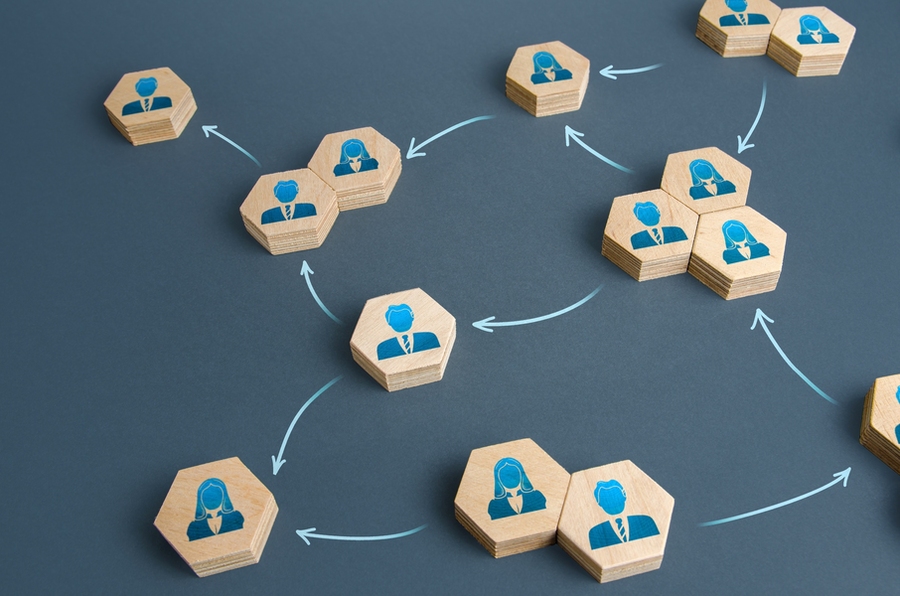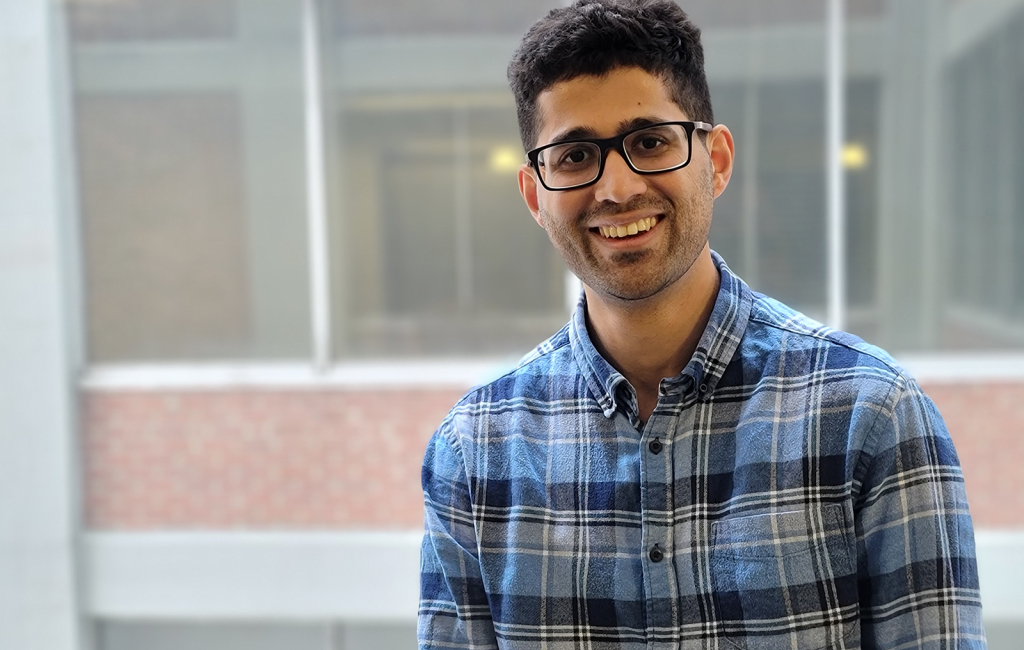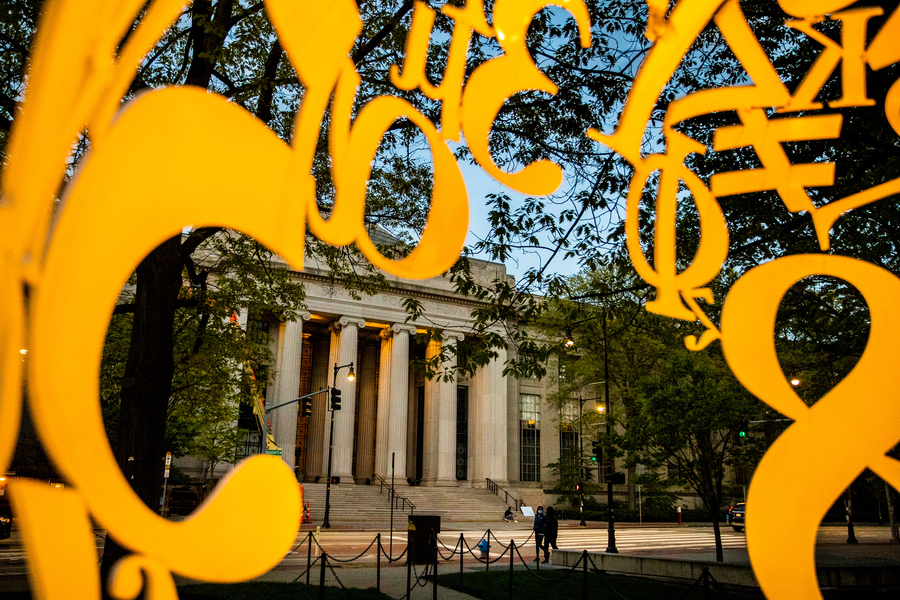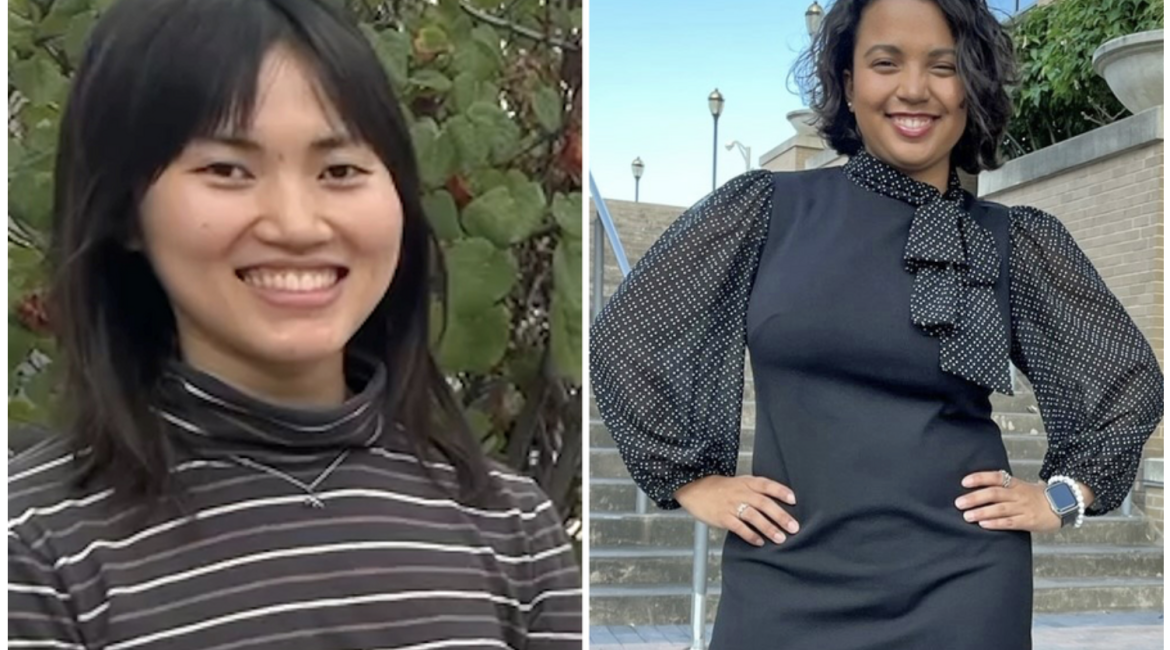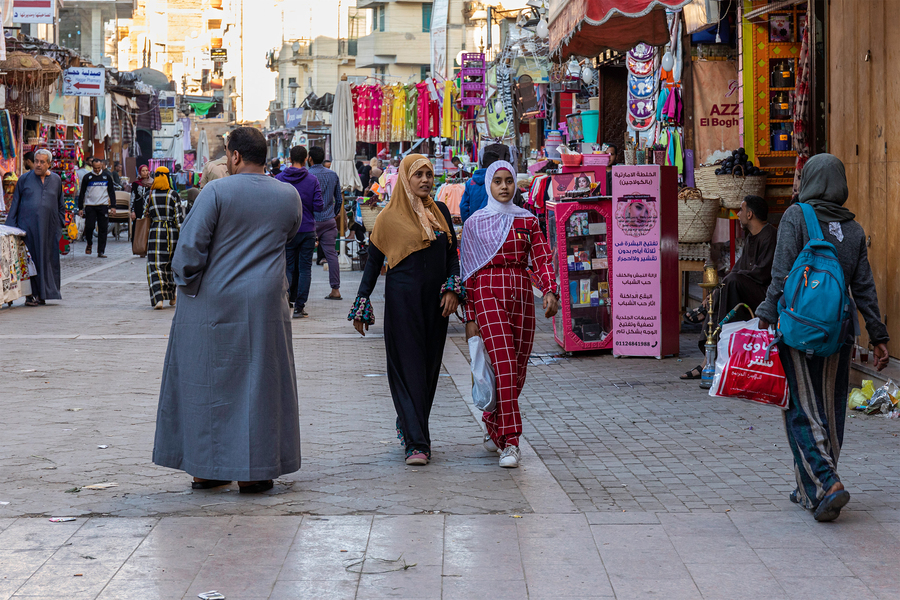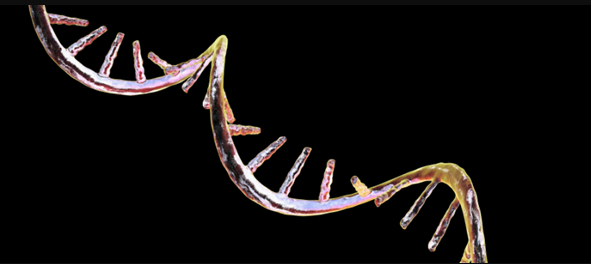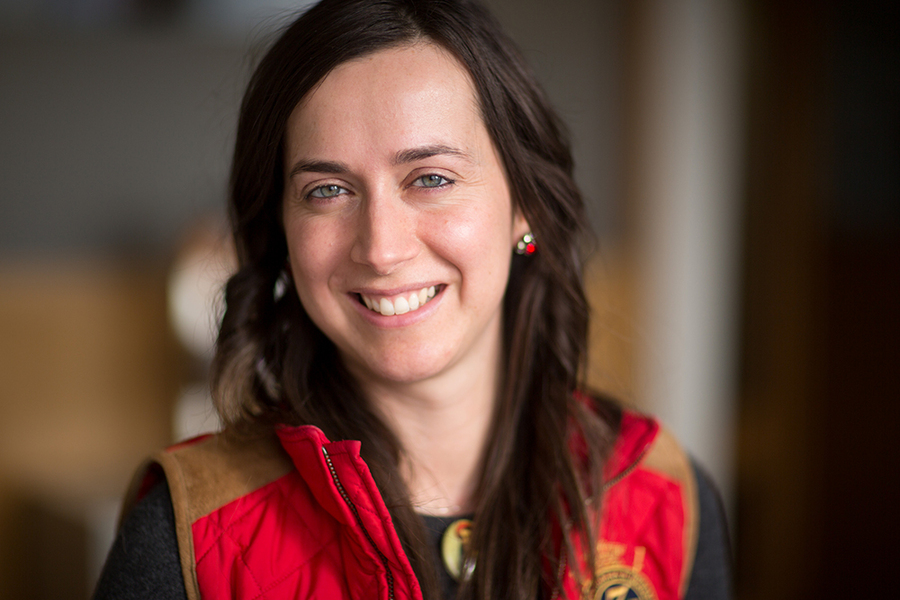(Image: Adobe Stock) MIT researchers developed a new measure to understand whether homophily occurred in group interactions. Their work can help identify when certain characteristics are important for predicting if groups will interact in the future.
Growing Our Organ Supply
SES student Hammaad Adam’s novel data set ‘ORCHID’ can help increase the supply of organs for transplants, saving lives and improving health equity. For those in need of one, an organ transplant is a matter of life and death. Every year, the miraculous medical procedure gives thousands of people with...
IDSS Faculty Awarded Seed Grants to Study the Impact & Application of Generative AI
(Photo: Adam Glanzman) Last summer, MIT President Sally Kornbluth and Provost Cynthia Barnhart issued a call for papers to “articulate effective roadmaps, policy recommendations, and calls for action across the broad domain of generative AI.” The response to the call far exceeded expectations with 75 proposals submitted. Of those, 27 proposals...
Deb Roy proposes healthier social networks in The Atlantic
In The Atlantic, CCC Director Deb Roy writes about the very real threat today's social media platforms pose to our democracy and presents a far lass toxic alternative. Read the article here.
Inclusive research for social change
The MIT Student Research Program pairs underrepresented students with opportunities to examine inequity through the IDSS Initiative for Combatting Systemic Racism. At MIT, visiting undergraduate students Megan Li (left) and Mia Hines worked on projects aimed at using big data and computational tools to create impactful changes toward racial equity....
Epidemic-economic model provides answers to key pandemic policy questions
Is lockdown an effective response to a pandemic, or would it be better to let individuals spontaneously reduce their risk of infection? Research published today suggests these two highly debated options lead to similar outcomes. A ground-breaking economic-pandemic model, created by an international team of researchers, addresses some of the...
Using social media to raise awareness of women’s resources
(Image: iStock) The Covid-19 pandemic created a global increase in domestic violence against women. Now, an MIT-led experiment designed with that fact in mind shows that some forms of social media can increase awareness among women about where to find resources and support for addressing domestic violence. The randomized experiment,...
Connection Science Research in the News
In the paper "Behavioral changes during the COVID-19 pandemic decreased income diversity of urban encounters" Connection Science researchers used mobility data gathered across four major U.S. cities — Boston, Dallas, Los Angeles, and Seattle — to find the diversity of urban encounters diminished significantly during the pandemic. Read coverage in...
Richard Braatz to lead a new center for continuous mRNA manufacturing
A pilot-scale system, enabled by an $82 million award from the FDA, aims to accelerate the development and production of mRNA technologies. The engineering challenges will be tackled by researchers at MIT as well as collaborators at Penn State University and Rensselaer Polytechnic Institute
Prof Christia on international collaborations in a shifting geopolitical climate
Photo: Bryce Vickmark


